The method of Alternate Wetting and Drying (AWD) is proving to be a boon for farmers in the water-stressed Barind area, grappling with the adverse effects of climate change. Abdul Matin, a 45-year-old farmer from Hossaindanga village, Chapainawabganj district, has witnessed significant benefits since adopting AWD in his farming practices over the past few years.
Matin highlights the modern and resilient nature of AWD, emphasizing its role in reducing irrigation costs by Tk 800 to 1,000 per bigha of land while boosting paddy yield by three to five mounds. Another farmer, Altaf Hossain, echoes Matin's sentiments, emphasizing the importance of AWD in conserving water amidst declining underground water levels.
In the previous Irri-boro season, Hossain reduced irrigation frequency from 22 to 15 times per bigha, compared to conventional methods, yet managed to yield four mounds of paddy more. This success story isn't isolated; over 93 farmers have embraced AWD on 115 bighas of land in the current season, aiming to alleviate pressure on groundwater resources.
Organizations like the DASCOH Foundation are actively promoting climate-resilient agricultural practices, including AWD, in drought-prone regions like Barind. Supported by entities like the Syngenta Foundation and the Hong Kong and Shanghai Banking Corporation Limited, such initiatives aim to benefit thousands of farmers by enhancing irrigation efficiency and farm productivity.
According to Akramul Haque, CEO of DASCOH Foundation, there's a pressing need to reduce dependence on deep tube wells in line with the National Water Policy 2018. He stresses the importance of innovation in agriculture technologies to sustain rice production amidst changing environmental conditions.
Farhad Zamil, country director of Syngenta Foundation, underscores the potential of AWD in conserving irrigation water by at least 30% while significantly increasing rice output. This simple yet effective technology not only enhances farmers' resilience to water scarcity but also offers economic benefits by reducing input costs.
With extensive support from governmental and non-governmental organizations, farmers are experiencing the transformative impact of AWD irrigation technology, paving the way for sustainable agriculture practices in the region.



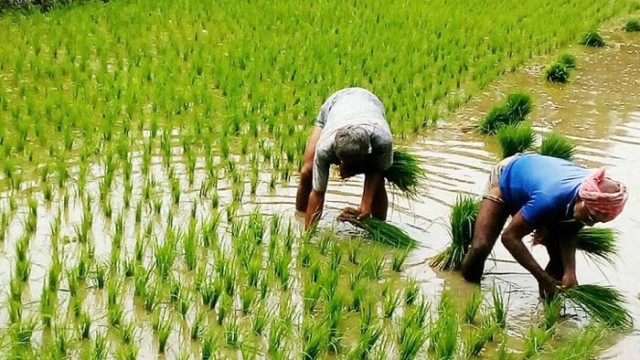
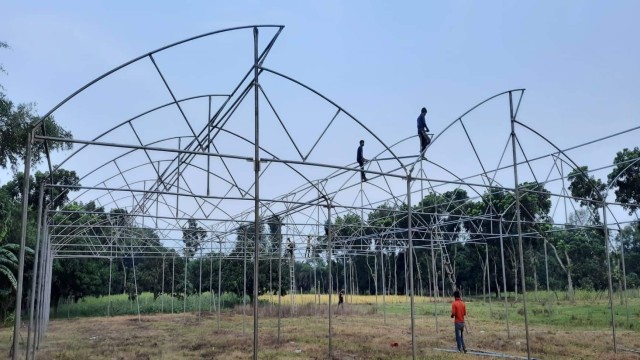

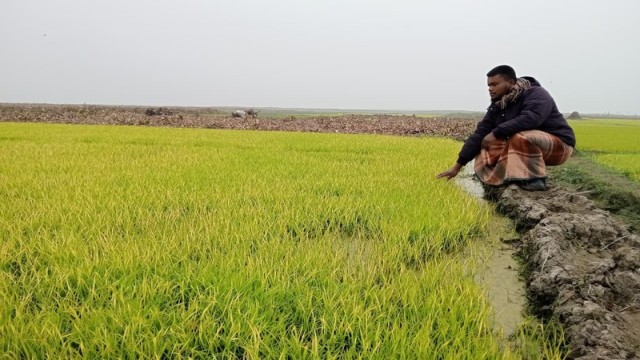
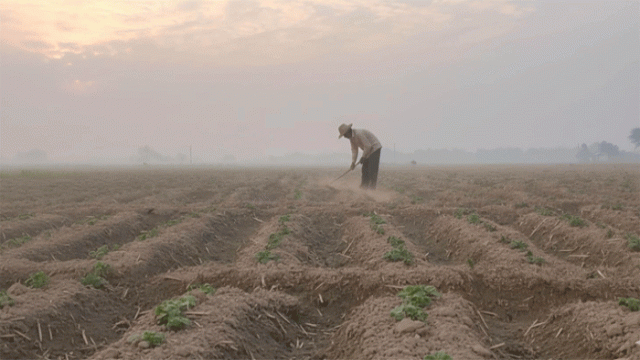

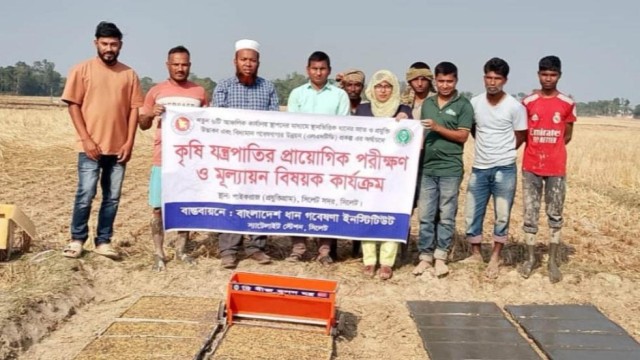

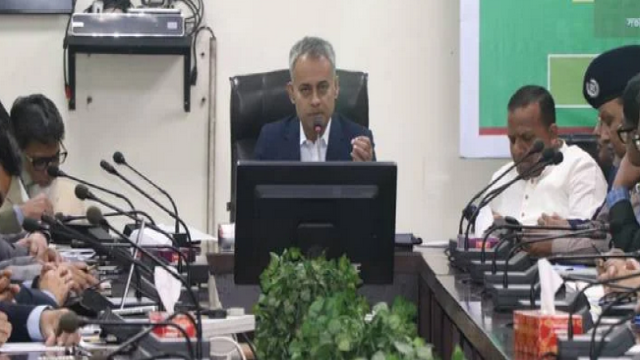




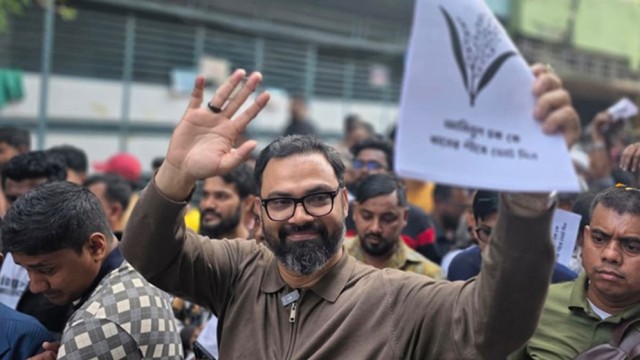
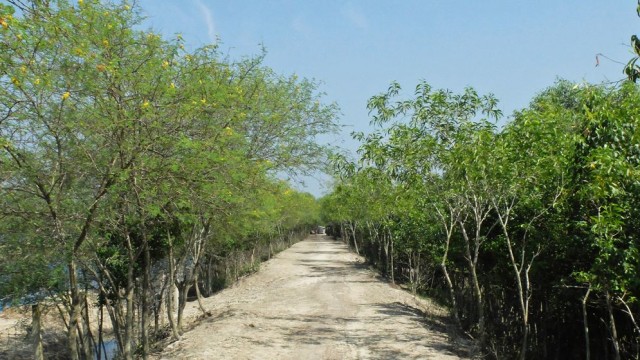
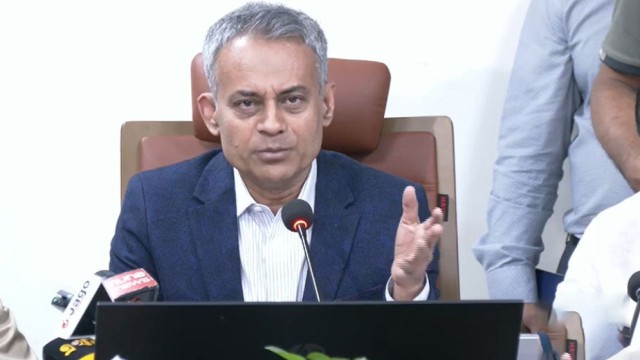











Comment: